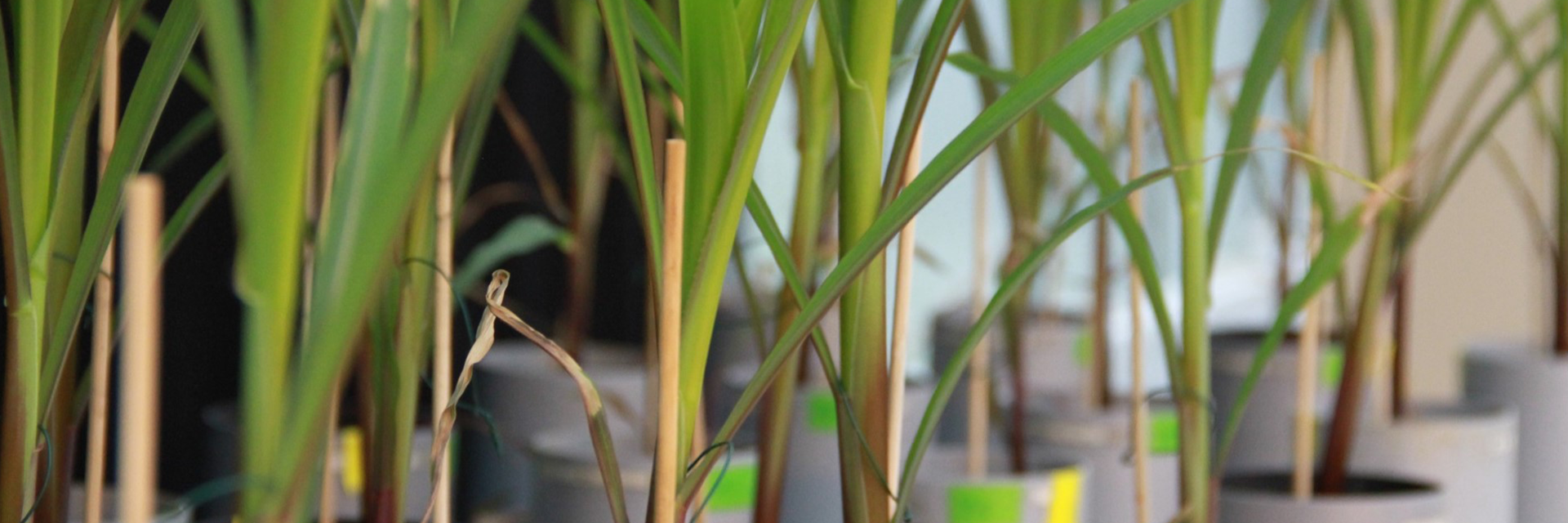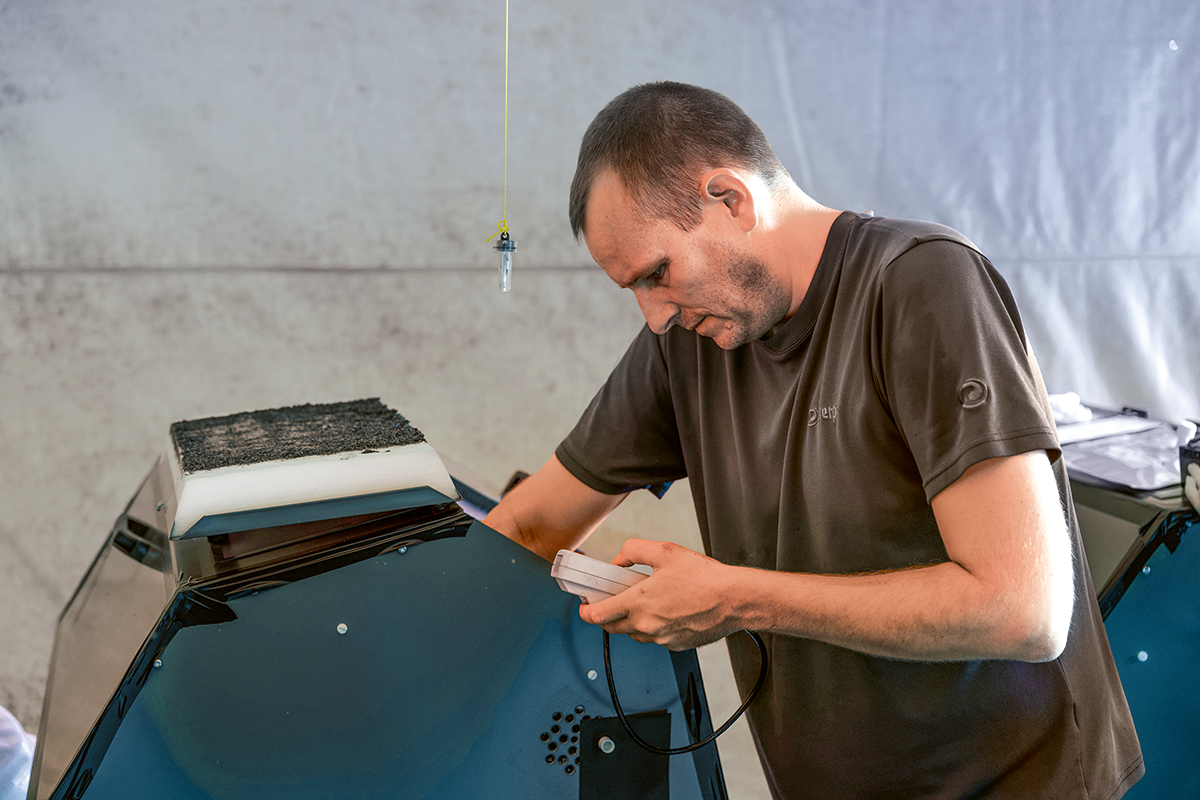In the mix
Combining biochar and compost to rehabilitate degraded soils
If you have a vegetable patch in your garden or flowers on your balcony, you know the benefits of using compost to maintain or increase the quality of your soil. Materials added to soil to improve its chemical, physical and/or biological properties are called soil amendments. One soil amendment generating substantial interest is biochar, a form of charcoal obtained from biomass.
In the Agrocomposit project conducted as part of the European Joint Programme on Agricultural Soil Management (EJP SOIL), scientists from the Institute for Ecopreneurship and Agroscope are collaborating with researchers and practitioners in Norway and Hungary to combine biochar with composting of different types of biowaste. They are testing the potential of composite soil amendments to rehabilitate degraded soils, increase nitrogen use efficiency along the entire value chain and reduce greenhouse gas emissions.
In Switzerland, FHNW researchers are co-composting biochar with anaerobically digested green waste and the organic fraction of municipal solid waste from an anaerobic digestion plant. In Norway, researchers are combining aquaculture biowaste with biochar, while in Hungary, a mixture of sewage sludge and biochar is being investigated.
First, the team is producing composite soil amendments from different biowastes and with varying biochar concentrations in the lab, and testing these mixtures in pot experiments on wheat and maize plants. They are measuring the level of nutrients, carbon, trace metals and polycyclic aromatic hydrocarbon (PAH) in the composites themselves, in the different types of soils they are applied to and in the crops. These results will be compared to pots that contain no amendments, digested waste only, biochar only and traditional mineral fertilisers.
Next, the team will apply its findings outdoors in large-scale field tests, to quantify the potential of the composite soil amendments to improve degraded soils at specific sites. They will determine which composite amendments help enhance soil properties to support agroecological functions, including increased carbon content and improved water-holding capacity.
“Field tests are challenging, with a large number of variables that can’t be fully controlled, but they are essential to translating lab results into application. We are excited to generate new insights into biowaste valorisation routes for healthier agroecosystems in Europe through the application of biochar-compost composites in real-world situations” says Gross.
Finding promising composite soil amendments is not the only aim. The project collaborates with several full-scale biowaste treatment facilities and farms in Switzerland and Europe to explore environmentally and economically sound biowaste valorisation. To quantify the environmental footprint, Gross’ team is conducting substance flow and lifecycle analysis to calculate environmental impacts from resource use and emissions along the biowaste value chain. Combined with ecotoxicological assessments conducted by other consortium partners, this will provide a solid basis to determine if there are risks for soil health and crop safety, and whether the addition of biochar to compost is justified in terms of yield, environmental impacts and economic costs.
Agricultural and environmental agencies require this type of data to establish regulations and provide sound guidance to farmers. The Swiss Federal Office of the Environment is calling for more knowledge from research before biochar can be recommended for use in Swiss soils, particularly with regard to the effects on soil organisms. Concerns regarding biochar have been formulated in the following fact sheet: Biochar in Swiss agriculture - risks and opportunities for soil and climate [in German: Pflanzenkohle in der Schweizer Landwirtschaft – Risiken und Chancen für Boden und Klima].
“At the intersection of biowaste valorisation, agriculture and bioenergy, this project can help generate knowledge about the safety and efficacy of combining biochar with compost, and in the long run, contribute to driving the Swiss bioeconomy. Ultimately, we hope to help close resource cycles, reduce the dependency on non-renewable fertilisers and provide new solutions to rehabilitate degraded soils” says Thomas Gross, Research Associate, Institute for Ecopreneurship, FHNW School of Life Sciences.
Key facts | |
|---|---|
Community: | Switzerland, Europe |
Partners: | Agroscope; Budapest University of Technology and Economics; Norwegian Institute of Bioeconomy Research; Institute for Soil Sciences of Hungary |
Financing: | SNSF 31SL30_214524 |

